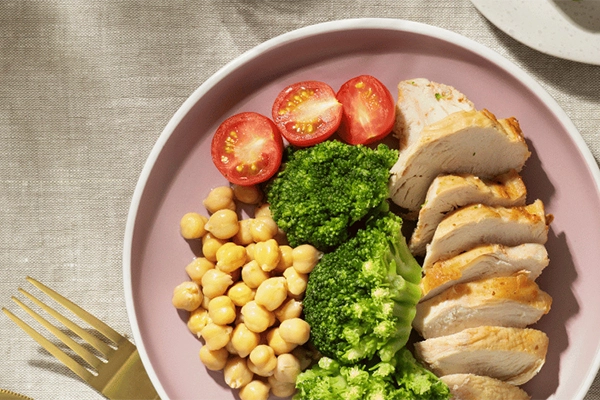Topics
What is dyslipidemia?
In layman’s terms, dyslipidemia is high cholesterol levels. Dyslipidaemia refers to high total cholesterol (TC), low-density lipoprotein cholesterol (LDL-cholesterol or LDL-c), triglycerides (TG) and/or low levels of high-density lipoprotein cholesterol (HDL-cholesterol or HDL-c).
LDL-c is known as the ‘bad’ cholesterol, whereas HDL-c is known as the ‘good’ cholesterol.
Do I have dyslipidemia?
Most people who have high cholesterol levels are unaware of their condition. Hence, you should regularly get a blood screening test done.
Dyslipidemia can lead to symptomatic vascular disease that causes the following symptoms:
- Chest pain
- Leg pain
- Pain in your jaw, neck or back
- Palpitations
- Dizziness
- Stroke symptoms such as leg and hand weakness
If you have high blood pressure alongside these symptoms, it’s even more important to reach out for help. Contact your doctor immediately if you have any of these symptoms!
How to reduce cholesterol level with diet?
You have done a blood test, and your doctor says your cholesterol levels are high. What is next?
It is time to modify your lifestyle, starting with good nutrition.
Generally, it is important to eat a balanced meal high in fibre, complex carbohydrates, lean protein, and low in salty or sugary foods. Good examples are vegetables, fruits, whole grains, lean meat, fish, nuts, and legumes.
Following a heart healthy diet is one of the most effective ways to keep your cholesterol and blood pressure in check.
Avoid these:
Foods with trans fats and saturated fats
- Saturated and trans fats include burgers, high-fat cheese, butter, ice cream, and processed meat products such as sausages.
- Foods with ingredients such as ‘partially hydrogenated oils’ on the nutrition labels.
Sugary food and beverages
- A high sugar diet increases the risk of coronary heart disease by three-fold!
- Consuming excessive sugar can increase TC, TGs, and LDL-c (‘bad’ cholesterol) levels while lowering HDL-c (‘good’ cholesterol) levels.
- It is recommended that no more than 50 grams (10 teaspoons) of sugar (inclusive of hidden sugar) be consumed daily. Learn more about recommended daily sugar intake here.
Eat these foods to reduce cholesterol:
High-fibre foods
- Increase your intake of vegetables and fruits. They contain antioxidants that can reduce the build-up of plaques (atherosclerosis) in your blood vessels.
- A high-fibre diet has been found to significantly lower cholesterol and reduce LDL-c levels too.
Healthy fats
- Include unsaturated fats in your diet instead as they can help improve blood cholesterol levels and reduce inflammation.
- Almonds, cashews, pecans, and walnuts are high in unsaturated fat.
- For even better benefits, choose sources rich in polyunsaturated fats such as fatty fish and flaxseeds.
- However, consume dietary fats in consideration as they are also high in calories.
Soy products
- Did you know that soy is a protein replacement for meat, dairy and eggs whilst reducing the intake of saturated fat and cholesterol?
Green tea
- A study found that drinking green tea everyday can reduce your total cholesterol.
- Green tea is high in antioxidants which prevent the formation of plaques in your arteries too.
Choosing a low cholesterol diet and making these adjustments can have a significant impact on your long-term health.

What else should I do?
Other things to take note of include:
- Remember: moderation is key. Eat a balanced meal in moderation.
- Pair healthy eating with an active lifestyle. It is recommended to exercise for at least 30 minutes every day.
- Reduce your alcohol consumption.
- Quit smoking.
Make an appointment at Pantai Hospitals
If you or your loved one has high cholesterol, contact your doctor and the team of dietitians at your nearest Pantai Hospital about your daily nutrition requirements.
To make an appointment for health screening, please contact the health screening centre at the Pantai Hospital nearest to you.
Pantai Hospitals have been accredited by the Malaysian Society for Quality in Health (MSQH) for its commitment to patient safety and service quality.













